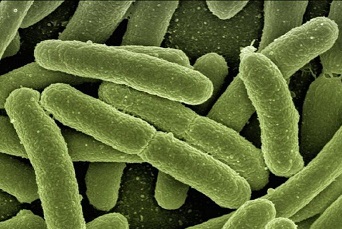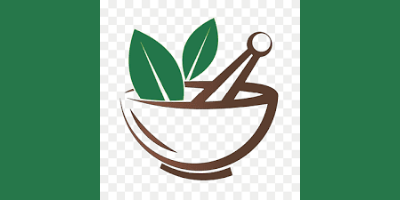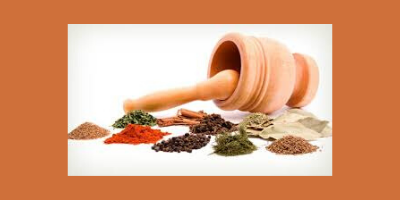Curry leaf has many herbal medicinal properties and it’s a most prominently used herb in south Indian cooking.
Indian cuisine makes use of mint, coriander leaves; curry leaves etc to add flavour and aroma to the spicy recipes. Though not a part of the greens, curry leaves has all the nutritive value found in greens and more.
Also known as sweet neem leaves, curry leaves has vitamin A, vitamin B, vitamin B2, vitamin C, calcium and iron in plenty. This is an ideal herb for people suffering from the ill effects of diabetes. Diabetes patients often suffer from frequent vertigo. There may be aches and pains in the upper and lower limbs coupled with impaired vision. These patients should take curry leaves at frequent intervals to overcome these problems.
Healing Power and Curative Properties of Curry Leaves Curry leaves possess the qualities of an herbal tonic. They strengthen the functions of stomach and promote its action. They are also used as a mild laxative. The leaves may be taken mixed with other mild tasting herbs. The juice extracted from 15 grams of leaves may be taken with buttermilk.
Digestive Disorders
Fresh juice of curry leaves, with lime juice and sugar, is an effective medicine in the treatment of morning sickness, nausea and vomiting due to indigestion and excessive use of fats. One or two teaspoons of juice of these leaves mixed with a teaspoon of lime juice may be taken in these conditions. The curry leaves, ground to a fine paste and mixed with buttermilk, can also be taken on an empty stomach with beneficial results in case of stomach upsets.
Tender curry leaves are useful in diarrhea, dysentery and piles. They should be taken, mixed with honey. The bark of the tree is also useful in bilious vomiting. A teaspoon of the powder or the decoction of the dry bark should be given with cold water in this condition.
Kidney Disorders
the root of the curry plant also has medicinal properties. The juice of the root can be taken to relieve pain associated with the kidneys.
Premature Greying of Hair
Liberal intake of curry leaves is considered beneficial in preventing premature greying of hair. These leaves have the property to nourish the hair roots. New hair roots that grow are healthier with normal pigment.
When curry leaves are boiled in coconut oil till they are reduced to a blackened residue, the oil forms an excellent hair tonic to stimulate hair growth and in retaining the natural pigmentation
Burns and Bruises
Curry leaves can be effectively used to treat burns, bruises and skin eruptions. They should be applied as a poultice over the affected areas.
Eye Disorders
Fresh juice of curry leaves suffused in the eyes. Makes them look bright. It also prevents the early development of cataract.
Insect Bites
Fruits of the tree, which are berries, are edible. They are green when raw, but purple when ripe. Juice of these berries, mixed with equal proportion of lime-juice, is an effective fluid for external application in insect stings and bites of poisonous creatures.
Diabetics
Eating ten fresh fully grown curry leaves every morning for three months will help to prevent diabetes due to heredity factors. It also cures diabetes due to obesity, as the leaves have weight reducing properties. As the weight drops, the diabetic patients stop passing sugar in urine.
Nausea and vomiting
Mix lime juice, honey or sugar crystals to the juice of curry leaf and drink it. This prevents nausea and dry vomiting.
COOKING WITH CURRY LEAVES.
Curry leaves are widely used in Indian dishes. The leaves are usually fried first in a little oil or ghee. Since the cuisine of southern India is predominantly vegetarian, curry leaves are most often used to flavor lentil and vegetable dishes. However, they are also used in chutneys, pickles and samosa fillings, and in Sri Lanka are included in chicken or beef curries.
Buying curry leaves
Curry leaves are often available in Indian or Asian markets. Choose fresh shiny leaves that show no signs of yellowing or wilting. Dried curry leaves are also available but have a much less intense flavour…
—
Ammarah
Radio Islam
+27118547022
ammarah@radioislam.co.za
www.radioislam.co.za





0 Comments